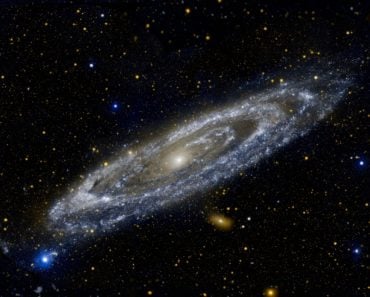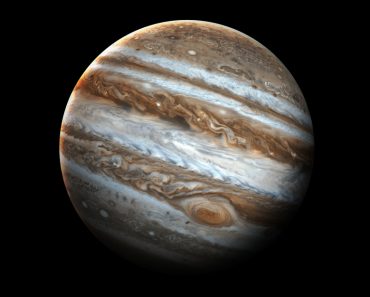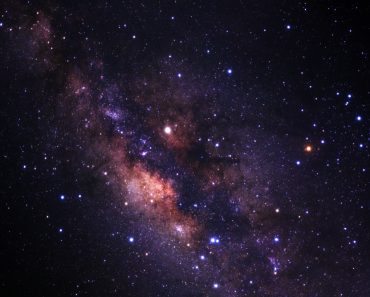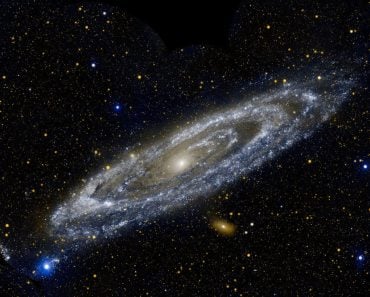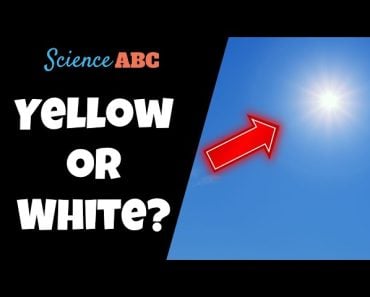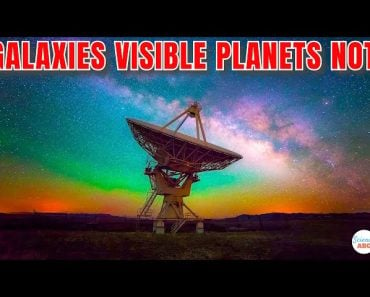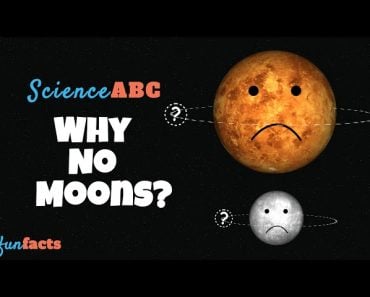The reason stars twinkle but the Sun and planets do not is because stars are so far away from Earth that they appear as point sources even through powerful telescopes. The light rays emitted by stars are refracted several times so that they look as if they are blinking. However, the sun and other planets are very close to us relative to stars and therefore appear like disks.
Stars twinkle because they are so far away from Earth that they appear as point sources even through powerful telescopes: the light rays emitted by them are refracted several times so that they look as if they are blinking. However, the sun and other planets are very close to us relative to stars and therefore appear like disks.
Twinkle twinkle, little star, how I wonder what you are!
Some rhyme, right?
Everyone must be familiar with that famous rhyme from Jane Taylor’s poem “The Star,” which was a big part of childhood for many.
Well, it’s not just a song for children; it actually refers to a certain scientific phenomenon that has fascinated observers of the Earth for millennia. Growing up, we were taught that stars couldn’t be like diamonds, but they do twinkle, right?
They certainly seem to do so, but what about our nearest star? The sun is a star, the heart of our solar system, but we do not see the sun twinkling. Why do all the other stars in the night sky seem to sparkle, but our sun does not?
Recommended Video for you:
Why Do Stars Twinkle, But The Sun And Planets Do Not?
Short answer: Stars twinkle because they are so far from Earth that when the light of the stars passes through the atmosphere, it is bent countless times by refraction, making it look as if they are blinking.
Earth’s Atmosphere
Astronomers have given a scientific name to the twinkling of stars: astronomical scintillation.
This also explains why astronomers do not write songs for young children; it would have been much more difficult to memorize songs about twinkling stars with words like scintillation thrown in there…”
Why The Sun Does Not Twinkle
The other stars we see in the sky are very far away from Earth: The Sun is the closest star to Earth with a distance of about 93 million miles (0.0000158 light-years). However, the nearest star is about 4.22 light-years away from Earth, so you get an impression of how far these other stars are really from Earth.
The Sun doesn’t twinkle because it is too close to Earth compared to other stars. Thus, unlike stars, the sun appears much larger than a small dot in the sky and therefore does not seem to twinkle. You see, the Earth’s atmosphere is so turbulent that images of all objects in the sky tend to “swim.” Consequently, a tiny dot in space is mapped to 2 or more points in space, giving the dot source this blinking effect. (Source)
In other words, stars appear so small due to their distance from us that they look like they are in more than one place due to atmospheric refraction, making them look as if they are blinking. However, the sun is quite close and therefore looks more like a disk than a tiny dot in the expanse of space. Therefore, atmospheric refraction does not play such a large role in the perception of the earth and therefore does not seem to blink.
Why Do Other Stars Twinkle?
Light from other stars crosses a great distance to reach us and passes through areas of the Earth’s atmosphere that vary in temperature and density. Our atmosphere is very turbulent, with currents and eddies forming, swirling, and scattering. In each layer of the Earth’s atmosphere, air moves in different directions with varying intensities. As the light from stars passes through the atmosphere, it is bent due to refraction, which is why stars seem to twinkle when we stare at them.
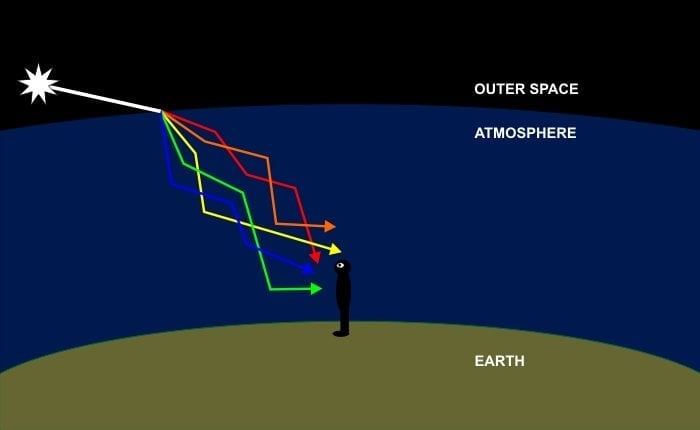
This process is similar to the sight of a coin dancing at the bottom of the pool. This optical illusion occurs because the water in the pool bends the path of light emanating from the coin.
Why Planets Do Not Twinkle
Planets, like the Sun, do not twinkle. Planets are also closer to Earth than distant stars, so planets appear larger in comparison. Due to the planets’ proximity to Earth, the light from these celestial bodies does not bend as strongly due to the Earth’s atmosphere. Therefore, the light coming from the planets of our solar system does not seem to twinkle like stars.

We should be very thankful for the Earth’s atmosphere; apart from protecting us from harmful UV rays that could fry us in an instant, the atmosphere is the reason why this sky full of stars seems to twinkle at night. Fortunately, this means that we can pass on the famous rhyme of Jane Taylor to future generations. It is a good poem… it would be a shame to waste it!

